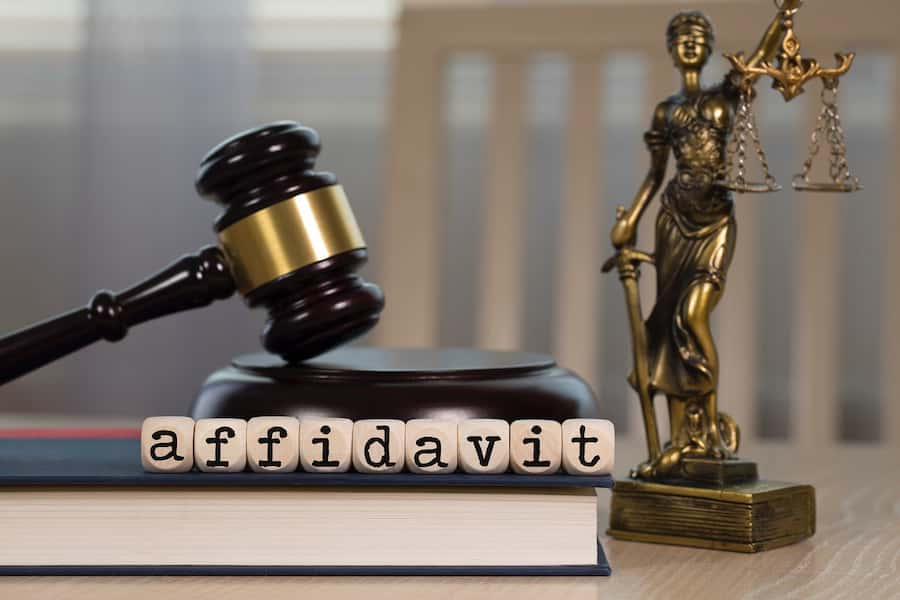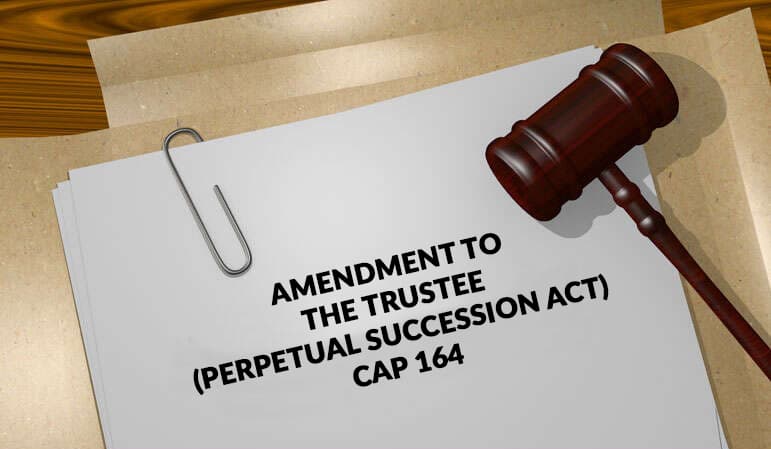Introduction
This is the legal process of anticipating and arranging for the disposal of the property of a deceased person (“Estate”). It entails the process of formally designating who will receive one’s assets and handle estate responsibilities after the person’s death or legal incapacitation. Estate planning primarily helps to manage uncertainties in the administration of the deceased or incapacitated persons’ estate.
Purpose of estate planning
An effective estate plan is drafted to consider how a person’s estate will run in the event of his/her death or incapacity by taking various circumstances into consideration. These involve the degree to which probate or legal proceedings over his/her property can be avoided, what one wants to happen to their property upon his/her death, the financial well-being of his/her family, and how to eliminate or minimize estate taxes.
Avenues of estate planning
There are various methods of estate planning and these include:
- Estate planning with wills– a will entails the last testamentary statement of a person seeking to distribute their property before death. It is the most common form of estate planning as it gives one freedom to distribute their estate however he/she likes.
- Estate planning using a trust– this is where one creates a trust and transfers the ownership of all, or a position of, his/her property to it. There are different forms of trusts, the choice of which depend on the estate owner’s intentions.
- Creation of a living trust– this is a trust that involves three parties namely the creator, trustees and beneficiaries. One can determine when assets are passed on to a beneficiary during his/her lifetime as this does not need to be immediately upon one’s death. A living trust is revokable when the creator is alive but becomes irrevocable upon his/her death. Trusts can also have exemptions from Capital Gains Tax and Stamp Duty for assets being transferred to a registered family trust, making them convenient towards ensuring tax efficiency over the estate property.
- Power of attorney– this refers to the power given by a signor to a signee to manage the property on their behalf while alive. It is revoked upon death of a signor.
- Dispositions- one can pass his/her property absolutely to whomever he/she wishes while alive. In law, such scenarios tend to occur through gifts, nominations and appointments which all involve designations of beneficiaries.
Conclusion
Effective estate and succession planning gives one control of how they would want his/her assets and wealth to be distributed and held including in the case of a trust on a long-term basis.
At Netsheria International, we pride ourselves for having a wide variety of skillsets, resources and expertise to meet your needs in matters related to trusts and subsequent incorporation. Kindly visit our website where you can access our services. You can also reach out to us via email or call us on +254 741 296 087 for any questions or guidance regarding this topic or any other legal queries you may have.






